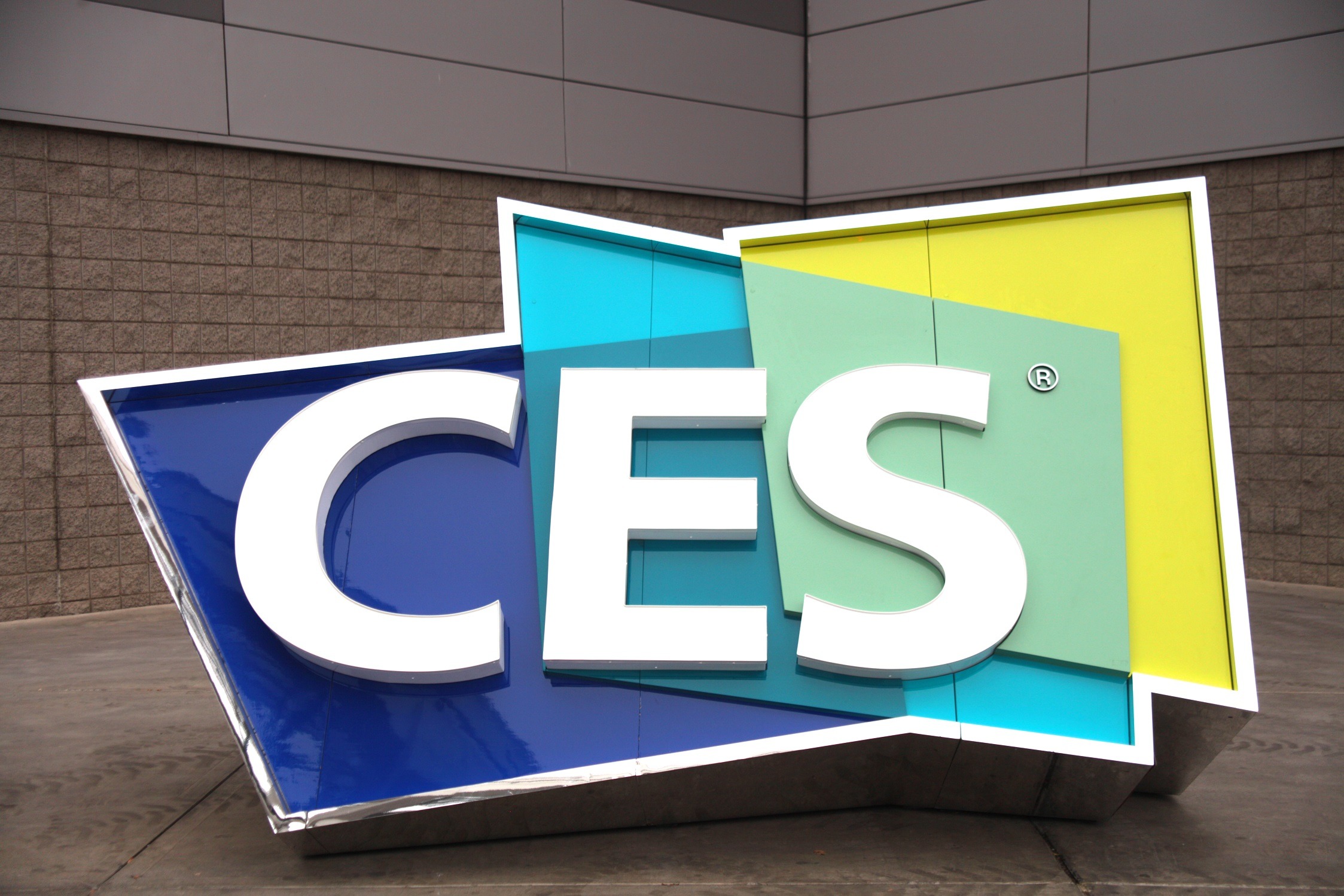
Since the beginning of last year, a huge number of events showcasing new medical technologies have been forced to shift to an online format – and the 2021 edition of CES (Consumer Electronics Show) was unable to escape this fate.
Nonetheless, leading tech firms came from far and wide, and gathered – virtually, at least – to display countless novel innovations with the potential to benefit everyday life significantly in the future.
Across the four day-long event, between 11 and 14 January, several medical technologies at various stages of the development process were unveiled – in many cases, for the first time – and there was an unmistakable emphasis on the ongoing shift of healthcare into the home, and away from the clinic.
We’ve picked out five of the most innovative and potentially game-changing devices from the wide selection seen at CES 2021.
Medical technologies from CES 2021
1. ‘The world’s smartest face mask’
Singaporean-American tech firm Razer – which, up until now, has mainly focused on the gaming industry – showed off a novel innovation dubbed “Project Hazel” on the second day of CES this year.
Project Hazel is a high-tech, intelligent face mask with a built-in microphone, voice amplification technology and numerous customisation options – including 16.8 million colours and several lighting effects.
Despite these attention-grabbing enhancements, the mask’s primary function still appears to be its user’s safety – offering all of the health-related benefits of a surgical N95 respirator, including high bacterial filtration efficiency (BFE) and fluid resistance, meaning it protects against large droplets and splashes.
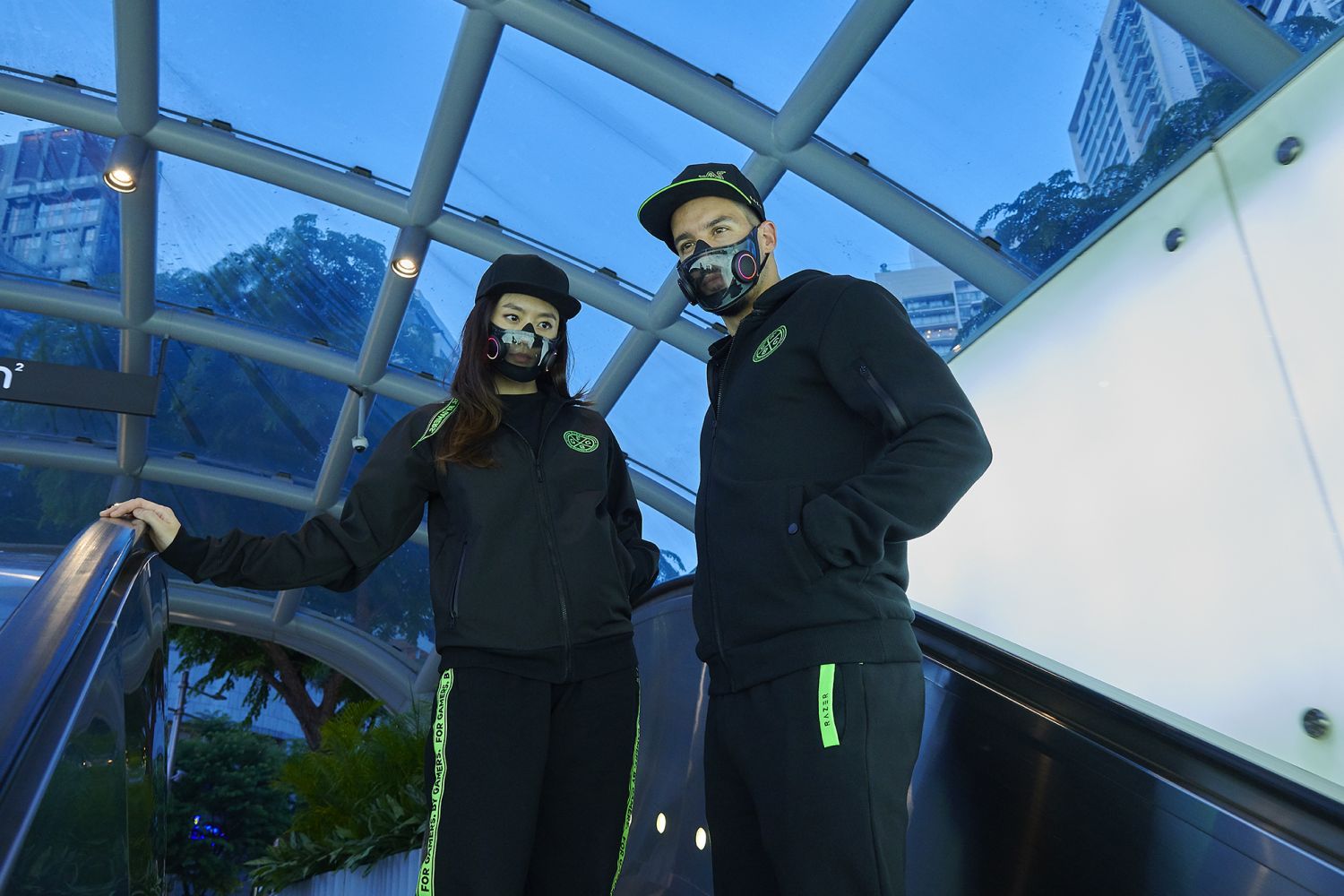
The smart mask’s detachable ventilator regulates airflow and, according to Razer, is capable of filtering at least 95% of airborne particles. It even offers an “auto-sterilisation function” via its charging case, which is lined with UV light to kill bacteria and viruses.
Project Hazel is also waterproof and durable, features a transparent design – minimising its impact on social interactions – and is said to be both comfortable and sustainable, having been made from recyclable plastic.
The mask is currently no more than a concept design and, as such, it’s unclear if, let alone when, it will become a commercially-available product.
2. Toto Wellness Toilet
Another conceptual technology introduced to the world at CES 2021 was Japanese firm Toto’s Wellness Toilet.
The world’s largest plumbing manufacturer unveiled a high-tech, smart lavatory that uses advanced sensors to track and analyse various parts of its user’s physical and mental health.
Some notable features include scanning their body every time they sit on the toilet, and analysing their faeces and offering dietary changes or lifestyle recommendations based on its findings – potentially via a smartphone app.
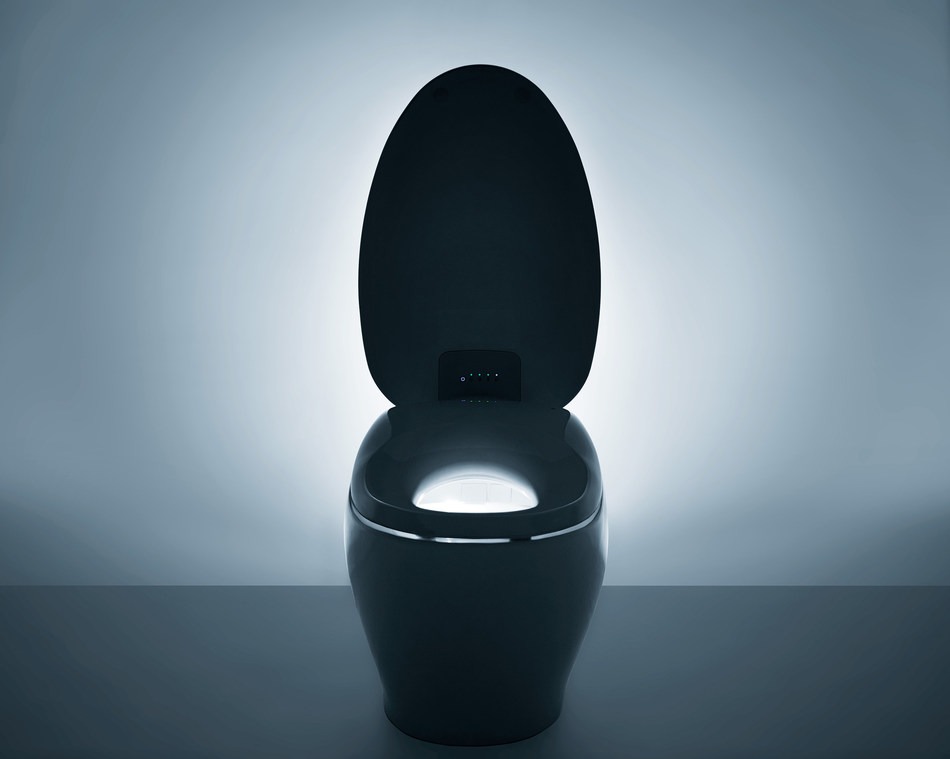
The Wellness Toilet also offers bidet-style, ‘touchless’ washing – which the company claims is more hygienic than wiping, and is therefore becoming increasingly sought-after across the US during the Covid-19 pandemic.
Toto says it anticipates launching the Wellness Toilet to the residential market “in the next several years” as part of its ongoing attempts to integrate AI and the Internet of Things (IoT) into the bathroom experience.
3. PressureDOT
Another example of the exciting medical technologies showcased at CES 2021 was the PressureDOT – a small, pressure-sensing capsule for detecting and monitoring intra-abdominal problems, which was developed by a US-based healthtech firm of the same name.
The smart, pill-sized device can be swallowed by a patient, or delivered into the body using a nasogastric tube, and continuously measures intra-abdominal pressure in real time.
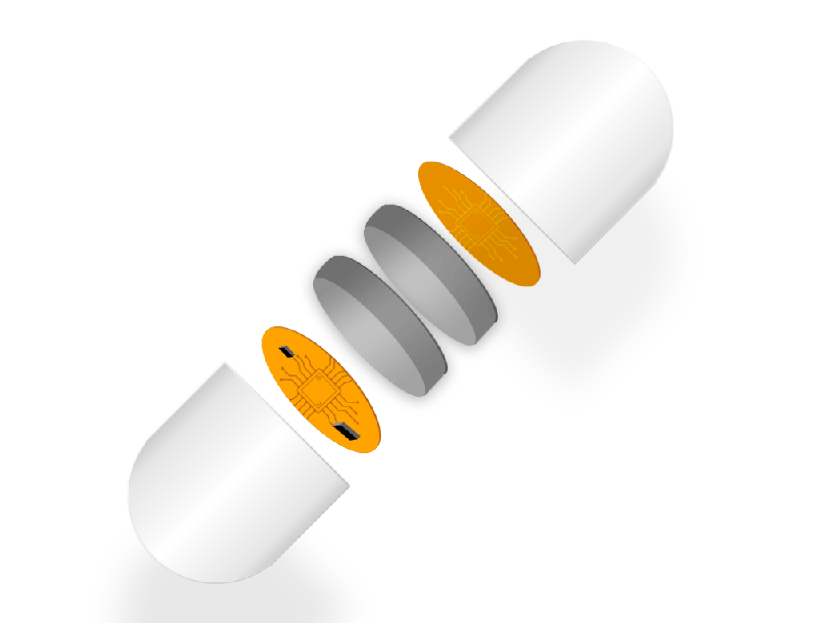
This information is then wirelessly transmitted to a healthcare provider’s mobile device, giving them insight into temperature, pressure trends, and the precise location of the capsule.
By managing intra-abdominal hypertension from an early stage, the PressureDOT is designed to help prevent unnecessary surgeries, avoid the onset abdominal compartment syndrome (ACS), and reduce mortality from comorbidities like organ failure in patients with pancreatitis, traumatic abdominal injuries, and septicemia.
As with Toto’s Wellness Toilet and Razer’s prototype face mask, this technology may also be especially relevant in a post-coronavirus world, with telemedicine and remote patient monitoring – which the capsule enables – set to become increasingly prevalent in global healthcare systems.
4. iSyncWave
CES 2021 saw South Korean biotech start-up iMediSync debut a novel, AI-driven technology for optimising brain health called the iSyncWave.
The “groundbreaking” portable headset uses gel-free EEG (electroencephalogram) analysis to provide early detection for a range of neuropsychiatric disorders – including dementia, Parkinson’s disease, PTSD (post-traumatic stress disorder) and depression.
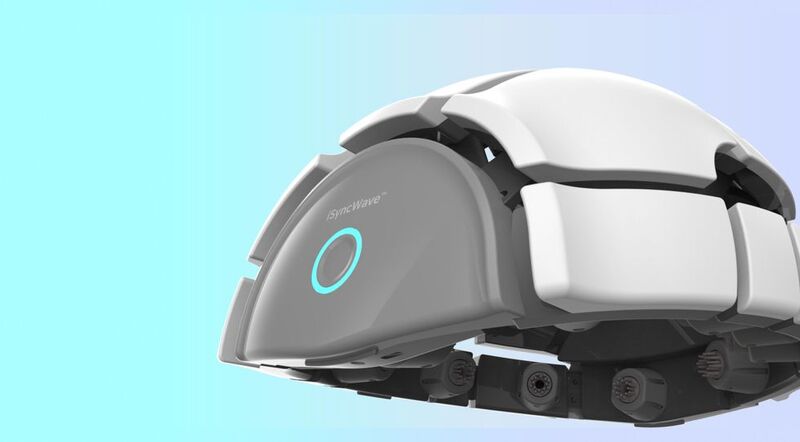
Based on these analyses, it can also deploy brain-mapping techniques and LED photo-biomodulators – essentially low-level lasers – to boost neuronal activity and improve the symptoms of these disorders.
While it can supposedly be used in clinics, the iSyncWave headset is another example of how new innovations can enhance remote, at-home healthcare, as it can reduce the need for regular, in-person checkups, and – via a smartphone app called iSyncMe – connects its user to a doctor or mental health specialist online.
The same smartphone app also connects the device to iMediSync’s cloud-based precision mental care platform, iSyncBrain.
5. Nobi’s fall-detecting lamp
Belgian tech firm Nobi demonstrated two very similar products at this year’s Consumer Electronics Show – Nobi, a smart-enabled lamp that detects when an elderly family member has fallen at home, and Nobita, a smaller version of this model.
If it notices an inhabitant of the house has had a fall, it can ask if they are okay before calling a family member or trusted contact – or the emergency services, if necessary.
Through the lamp, they can then speak to their contact without needing a telephone. Nobi is even capable of opening the front door to let people in to help if required.
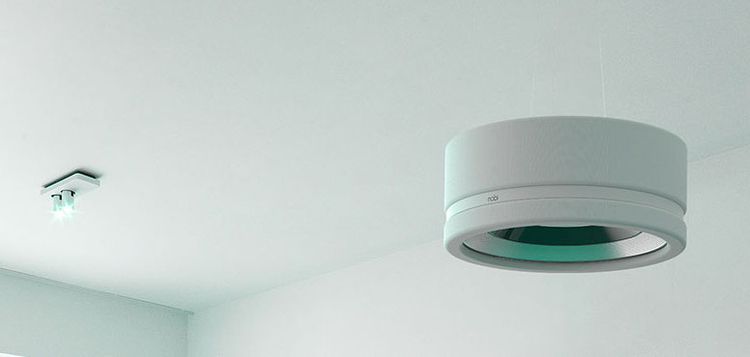
The full-time, continuous monitoring it offers is intended to allow older family members to continue living on their own in a familiar environment, rather than moving to a care home or being dependent on their children.
As well as its fall-detection feature, the AI-powered lamp also monitors air quality, and provides fire and burglary detection.
While the lamp is a relatively new idea, having first been conceived in 2018, Nobi says it is currently being tested and trained in residential care homes and service flats – and could be made commercially available before the end of 2021.






